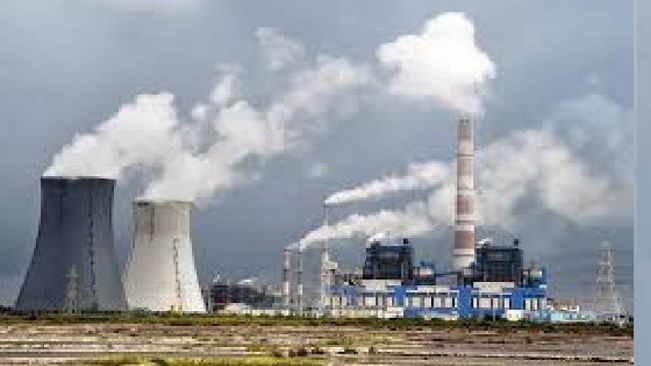These power plants currently generate around 8,000 MW, meeting the state's industrial and residential energy needs. However, managing fly ash—a byproduct of thermal energy production—presents ongoing challenges. Key obstacles include unclear guidelines around which authorities can authorize safe ash disposal zones.
While the State Pollution Control Board has designated areas, like abandoned mines, for ash disposal, implementation is slow. Tehsildars have submitted lists of inactive mines, but the mining department, lacking clear Standard Operating Procedures (SOPs) and expertise, has been unable to grant the necessary permissions. Although ash disposal SOPs have existed since 2017 and were reinforced by a 2021 Central Pollution Control Board directive, enforcement remains lacking.
A recent directive from Odisha's Revenue Minister Suresh Pujari tasked district collectors with issuing permissions, yet many are unsure of how to proceed. Planned meetings to resolve this issue have been delayed, stalling progress further.
Public concerns about the environmental impact have also risen, exacerbated by misinformation online. Meanwhile, ash accumulation around these plants grows, adding to the operational strain on facilities.
Experts warn that, without immediate action, many thermal plants may be forced to shut down, disrupting the state's industrial network and potentially causing power shortages.
"The government must act swiftly to resolve these ash management issues," said Prasanna Mohanty, a power sector expert, emphasizing the need for ash disposal in line with established SOPs to prevent further risks.
Read More Odisha News















